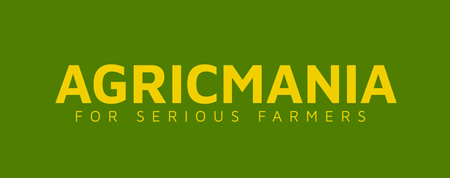Figure 1 Mr basil Chikondowa standing in front of the new standard goat housing holding a
boer cross: Picture supplied by Kevin Maenzanise the Communications and Policy Officer
By Lungelo Ndhlovu
BASIL Chikondowa, a goat farmer from Buhera District, Manicaland province had practiced goat rearing using the traditional approach passed down from his ancestors since time immemorial.
He housed his goats in a traditional wooden kraal covered by a thatched roof which sometimes leaked when it rained resulting in goat diseases.
But the goat rearing project was hardly viewed as a viable enterprise because of small goat carcasses that were poorly remunerated by the market.
Having been registered as part of the VALUE project supported by the European Union (EU) which seeks to improve the capacity of smallholder farmers especially women and youths to improve their goat and pig breeds, production and productivity in the country, Chikondowa was quick to voice his desire for improved goat breeds and standard goat housing.
“Our hope is that we get improved goat breeds and standard goat housing,” he said.
Through support of the EU, Chikondowa was the recipient of a grant where the project assisted him and his wife to procure a boer buck and to construct a standard goat housing.
“The standard goat housing has ensured that our goats are kept in an optimum environment that allows for them to be more productive, lowered the risk of predation and reduced likelihood of disease that are associated with poor low standard housing,” he said.
From the first breeding cycle with the improved boer buck, Chikondowa received improved crossbred kids which outweigh the local breeds. He also opened his doors to other goat farmers within his vicinity to bring their does for mating to achieve breed improvement.
“My ultimate goal is that as a community we embrace breed improvement and adopt good goat husbandry practices to attain higher weights that are able to fetch higher prices on the market,” he added.
The VALUE project is promoting access to finance for value chain upgrading for small and medium scale pork producers in eight districts where the project is operational.
To date, the project has run three pilots in Marondera district and recently extended the same facility to Goromonzi, Murehwa, Seke, Mhondoro Ngezi and Chegutu districts.
“The financial inclusion component is premised on four objectives namely, the development of new financial and technological products to improve market function and inclusiveness, increasing access to tailored financial products for small and medium producers, promoting the inclusion of women and youth farmers in accessing financial products and increasing business management capacity and financial literacy among the key market actors,” said Alex
Nyakatsapa, the project’s Value Chain and Market Systems Development Specialist.



